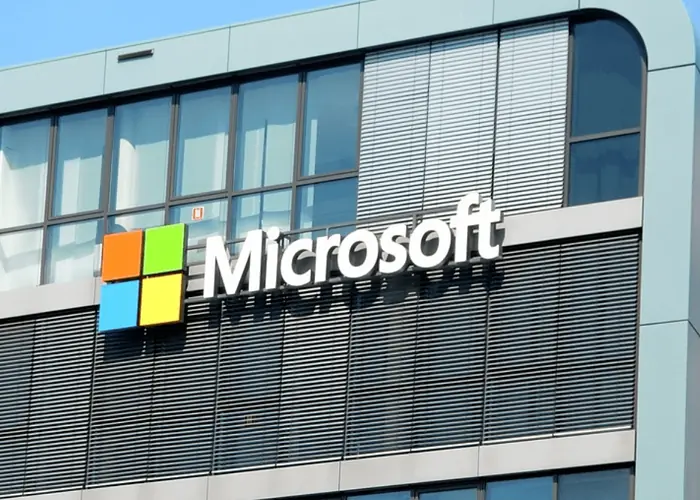Future of Microsoft's Beijing AI lab uncertain as geopolitical tensions rise
1 min. read
Published on
Read our disclosure page to find out how can you help MSPoweruser sustain the editorial team Read more

Microsoft‘s Beijing A.I. laboratory, a major contributor to advancements in speech, image, and facial recognition technology, faces an uncertain future as geopolitical tensions between the U.S. and China rise.
Established in 1998, the lab has made groundbreaking contributions to Microsoft’s speech, image, and facial recognition work, even laying the groundwork for chatbots like ChatGPT. But with U.S. officials raising concerns about national security risks and potential technology leaks, the lab’s future hangs in the balance.
“We are committed to the lab and the world-class research of this team,”
stated Peter Lee, head of Microsoft Research.
Options under consideration include opening an outpost in Canada for sensitive research and restricting Chinese researchers’ access to certain technologies.
The lab’s success has attracted attention in Washington, where the White House has imposed stricter limits on China’s access to crucial technologies due to national security concerns. This pressure comes amidst heightened tensions between the two superpowers, with China rapidly developing its A.I. capabilities.
Microsoft’s dilemma highlights the broader challenges U.S. tech companies operating in China face. While the Chinese market offers immense potential, navigating the country’s political landscape and regulatory environment can be complicated.
More here.








User forum
0 messages